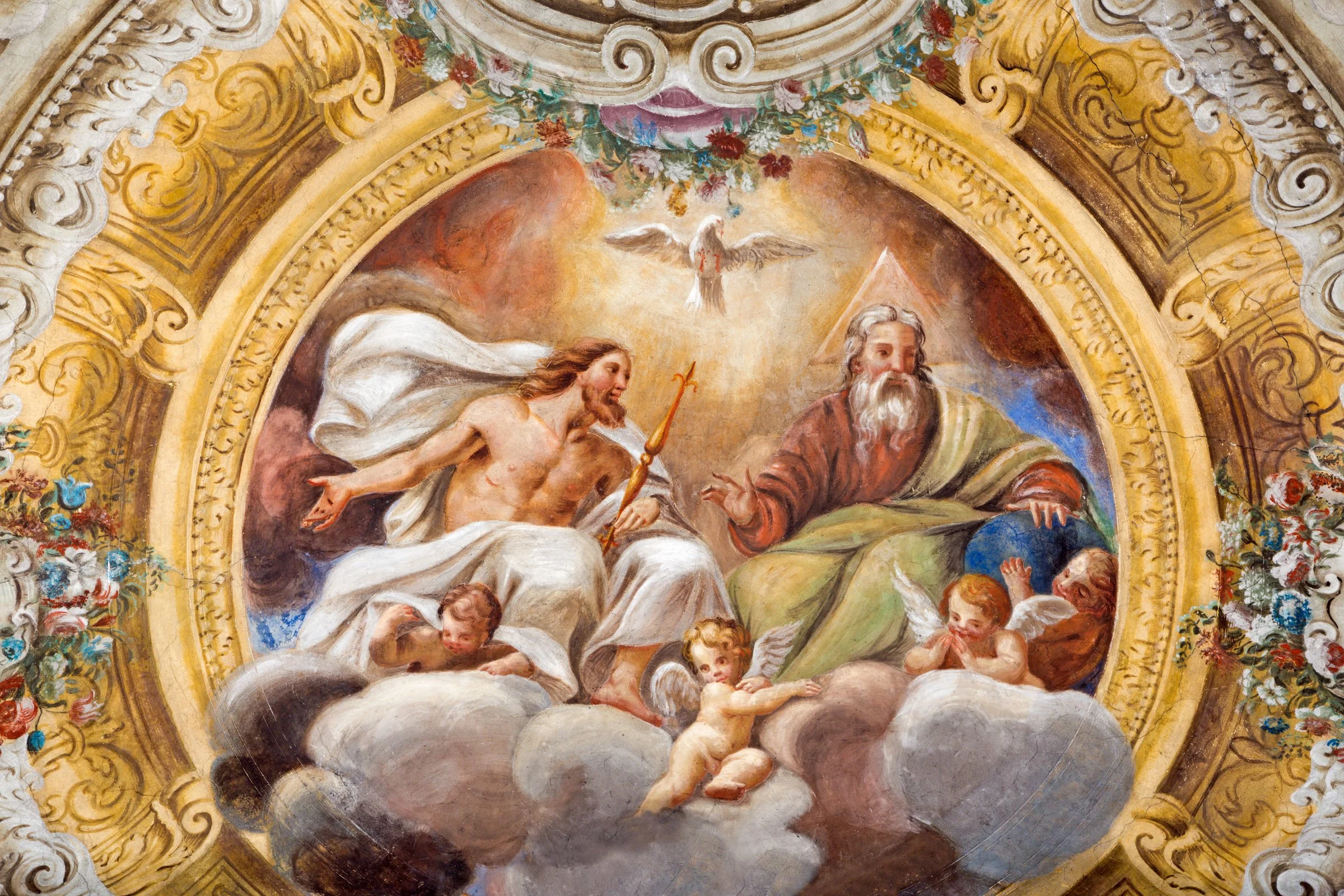In the Old Testament, there are plural names and pronouns for God. For example, the names Elohim and Adonai or plural. Some scholars claim this plurality relates to “a plurality of majesty.” However, in Genesis, we read: “Let Us make man in Our image, according to Our likeness” (Genesis 1:26). Notice the plural pronouns. Others are found in Genesis 3:22 and 11:7. In Isaiah, we read: “I heard the voice of the Lord [Adonai], saying: Whom shall I send, and who will go for Us?” (Isaiah 6:8). This verse acknowledges the oneness and unity of God, but also incorporates God’s plurality, inferring plurality in unity.
The Names and Nature of God
To understand God’s nature, attributes, and works, we begin by studying the names of God. Names are so important to the Lord that He dedicated an entire chapter in the book of Exodus called Shemot (names). We read, “Now these are the names of the children of Israel who came to Egypt” (Exodus 1:1). Names have meaning, and they have power. It says, “Then God said, ‘Let there be light’; and there was light” (Genesis 1:1), for the Lord God created the universe by His spoken word. And names have authority. We read, “What a word this is! For with authority and power, He commands the unclean spirits, and they come out” (Luke 4:36).
Yeshua and Israel are One
The term “Holy One of Israel” is used more than thirty times in the Bible. However, the English translation does not accurately convey the genuine meaning as seen in the Hebrew. In the English language, the words “one” and “of” added to the translation (הקדוש של ישראל). In Hebrew, on the other hand, it is written as “Holy Israel” (קדוש ישראל). The difference is rather significant.




